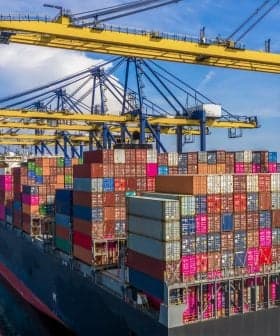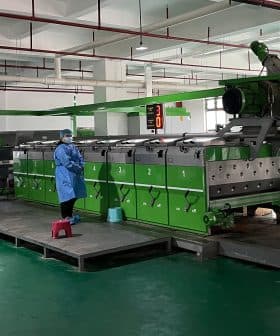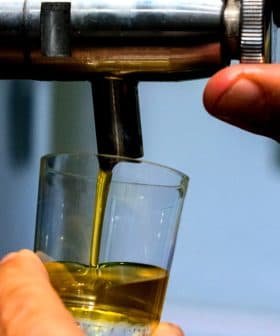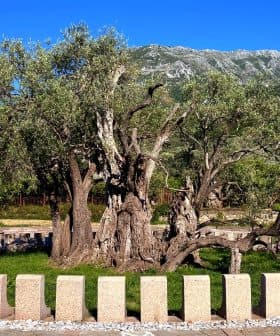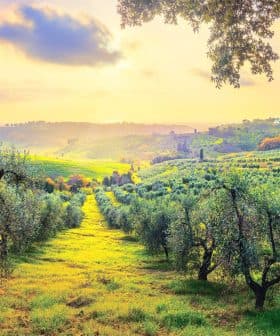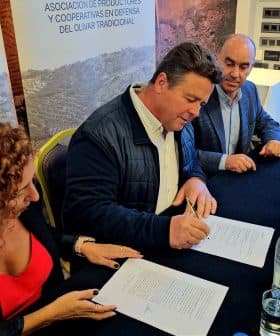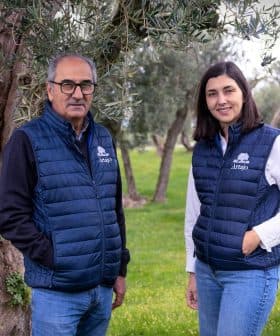Millenary Olive Trees in Spain Named Global Agricultural Heritage Site
The millenary olive trees of Sénia, a territory that stretches in between Barcelona and Valencia, have been formally recognized by the as an important agricultural heritage site.
The United Nations’ Food and Agriculture Organization has recognized the millenary olive trees in Sénia, Spain as a Globally Important Agricultural Heritage System for their cultivation and trade. This distinction contributes to conservation efforts that balance preservation of the territory with economic and social development, incorporating elements that add value without changing its essence.
The United Nations’ Food and Agriculture Organization has officially recognized the millenary olive trees in the Spanish territory of Sénia as a Globally Important Agricultural Heritage System (GIAHS). They are being recognized for their cultivation along with the trade of their olives and oils.
In this area, as the Via Augusta passed through here, it was an important region during Roman times. There are a lot of olive trees that remain from that period.
The distinction contributes to an already dynamic conservation effort that attempts to maintain a balance between the preservation of the territory’s essential components and its economic and social development through the incorporation of elements that add value without modifying its essence.
Located in specific sites around the world, GIAHS are outstanding landscapes of aesthetic beauty that combine the protection and stimulation of agricultural biodiversity, resilient ecosystems and a valuable cultural heritage.
See Also:Olive Oil CultureThey sustainably provide goods and services, food and livelihood security for millions of small-scale farmers in systems threatened by factors, such as climate change, increased competition for natural resources and migration due to low economic viability.
Additionally, they must maintain the local know-how in the management of natural resources; help add value to social organizations and cultural systems, with pre-existing values already associated to food production; and recognize the long-lasting interaction of people with their natural surroundings.
The Agricultural System Ancient Olive Trees Territorio Sénia is one of Europe’s first GIAHS and, along with the Olive Groves of the Slopes between Assisi and Spoleto, one of only two related to olive cultivation and oil production on the continent.
Sénia’s candidacy to the GIAHS group was presented by Taula de Sénia with the collaboration of the Association Territorio del Sénia and the support of Spain’s Ministry of Agriculture, Fisheries and Food.
Taula del Sénia is a commonwealth-like institution formed by 27 municipalities from Valencia, Catalonia and Aragón, all of which are linked by their geography, history, language, culture and having the largest concentration of millenary olive trees in the world: 4,580 olive trees with perimeters greater than 3.50 meters (11.50 feet) rising above 1.30 meters (4.25 feet).
In 2009 Taula del Sénia began an official census of the ancient trees, many of which had long been abandoned, but preserved because of the relative underdevelopment of the region until recently.
Taula del Sénia fostered the creation of Association Territorio del Sénia, which brought together the institution encompassing the municipalities and the region’s economic sectors, including olive mills and the owners of the land where the olives trees are located.
One of the Association’s top projects is Oil and Millenary Olives Trees of Sénia, an initiative that has helped recognize the value of this unique living heritage.
Among the most important efforts of the project is the recovery of the millenary olive trees for the production of olive oil, thereby using the ancestral agricultural systems as the foundation for agricultural innovation. Synergies with the local restaurant sector have been created by proposing the use of these oils.
Tourism is another vehicle to maximize the potential of the territory, which expects to heighten its profile after the GIAHS designation.
To facilitate visits to the largest millenary olive trees, eight areas in municipal and private land plots have been identified: Alcanar, Canet lo Roig, Vinaròs, La Sénia, Godall, Càlig, Traiquera and Ulldecona. Agreements with owners of private plots with very old trees have been made to allow for the visits.
Additionally, two open-air museums have been created in Arión and Pou del Mas, two of the areas with the greatest concentration of millenary trees and, in the Catalonian portion of the Sénia, three itineraries have been designed allowing visitors to walk or ride bicycles through 40 miles of conveniently signposted roads.



